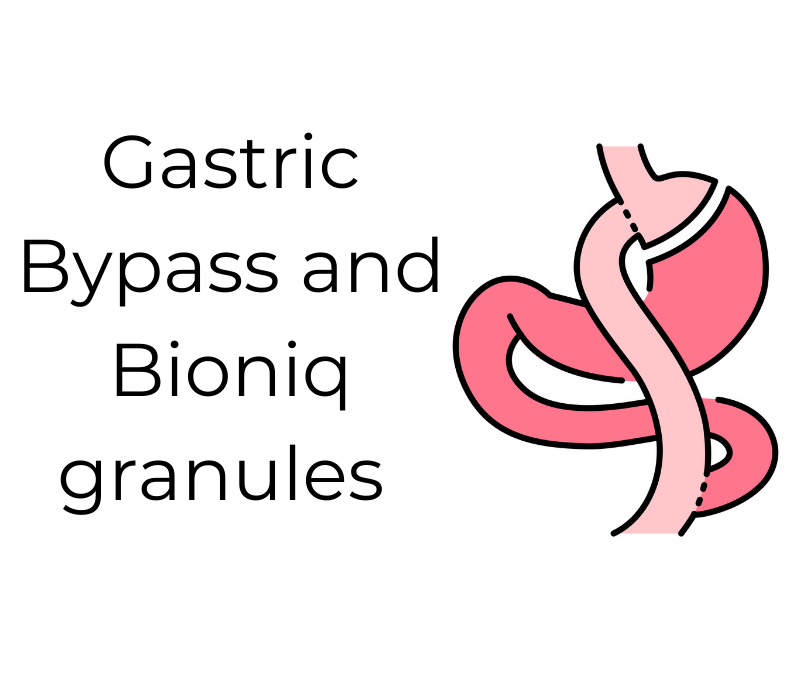
Over the last two years we have all been hit, in one form or another, with isolation caused by the pandemic. Whether at home with your family or spending weeks on your own, we have all, at times, found it difficult to cope with our mental health.
In fact, one of the groups of people worst affected worldwide were students. Months of school closures, online education and lack of social interaction have had a worrying impact on mental health. Studies, such as this one conducted on university students in Greece, showed that there was a 25-fold increase in possible cases of clinical depression and an 8-fold increase in people with suicidal thoughts. Although we are hopefully steering away from future lockdowns caused by the pandemic as the vaccine rollout worldwide continues to improve, periods of time where you might find yourself isolated are almost certain. We are not saying this to worry you or be pessimistic but rather to say that moments of hardship are unavoidable, and you should know that there are simple things you can do to keep your mental health in check in these situations. In fact, we have previously talked about activities that can reduce levels of anxiety. You can read about our “anti-stress checklist” here (only a 5-minute read).
In the second half of this article, we would like to bring to your attention a Russian study on a topic that you might feel is absurd, but we promise is highly relevant and will prove significant in the coming years. The colonisation of Mars has been a topic discussed extensively in the last few years as private companies try to take on national space programs to beat them to the Red Planet. When asked to think of the main challenges associated with living on such an inhospitable planet, the likes of food, water and shelter might spring to mind. However, equally as important, and often ignored, is the mental health of those who would be stranded almost 400 million kilometres away from home.
The Russian Federation State Scientific Centre does not neglect the
impacts isolation can have on astronauts and have conducted studies into the impact of interplanetary travel on communication patterns with mission control in the crew members. To summarise, after a 120-day simulation, crew members began to show the detachment phenomenon, leading to a gradual decrease in communication with mission control and anarchic patterns of behaviour. A similar 8-month study is currently underway, and we can’t wait to see the results. Could the colonisation of Mars prove to be more difficult than we ever imagined?
The change in behavioural patterns of the “astronauts” in isolation is a pretty good analogy to what happens to our own behaviour when we are subject to long periods of isolation, such as COVID lockdowns. It’s important
to realise that it’s normal to feel anxious, stressed, or depressed and detach from those around you when isolated- this very study shows this! Equally as important are the things you can do to mitigate the impacts of these. Remember if it any time you feel overwhelmed or find it difficult with cope
with the events and emotions surrounding you - it's best to seek professional medical attention as soon as possible!
.png)

%20(1).png)